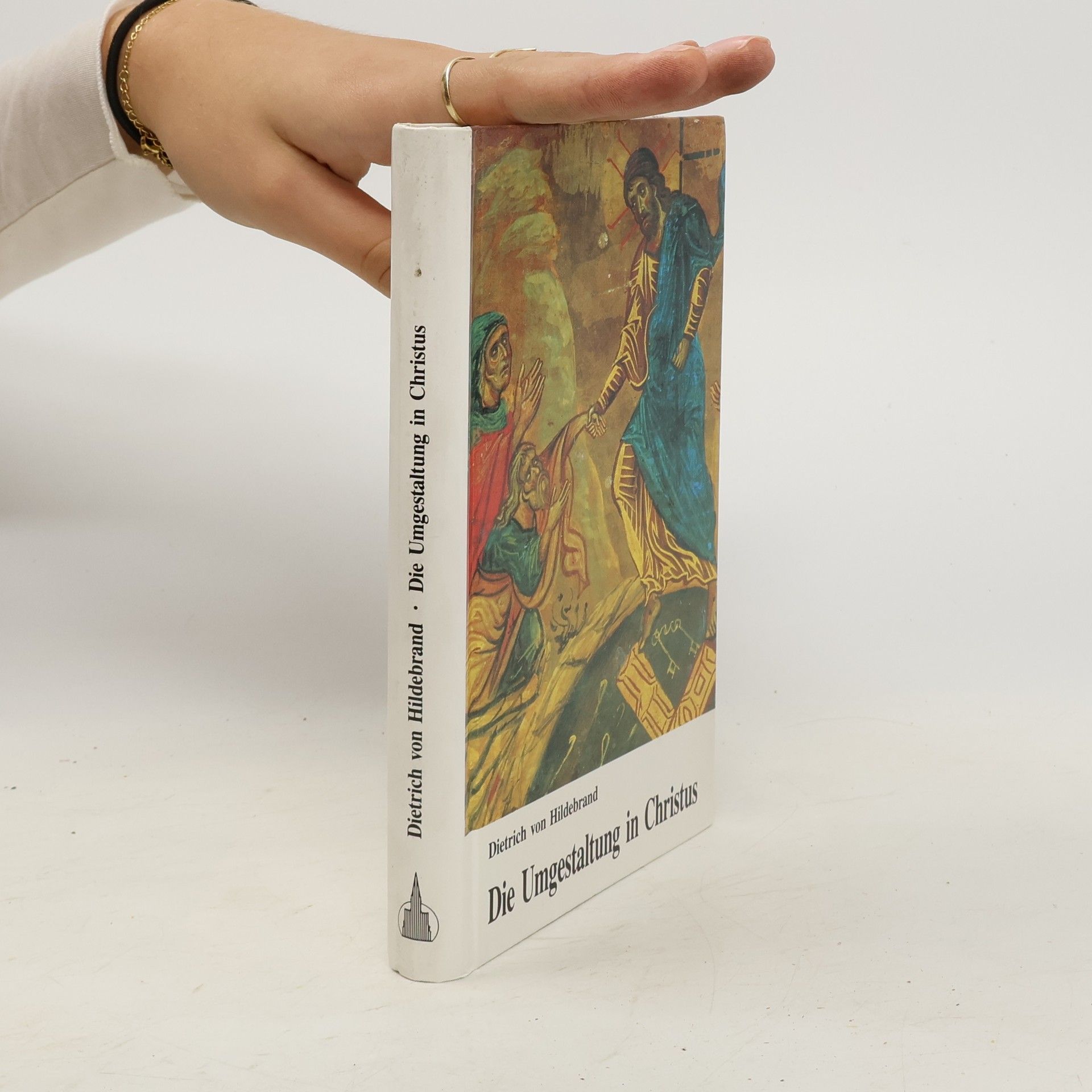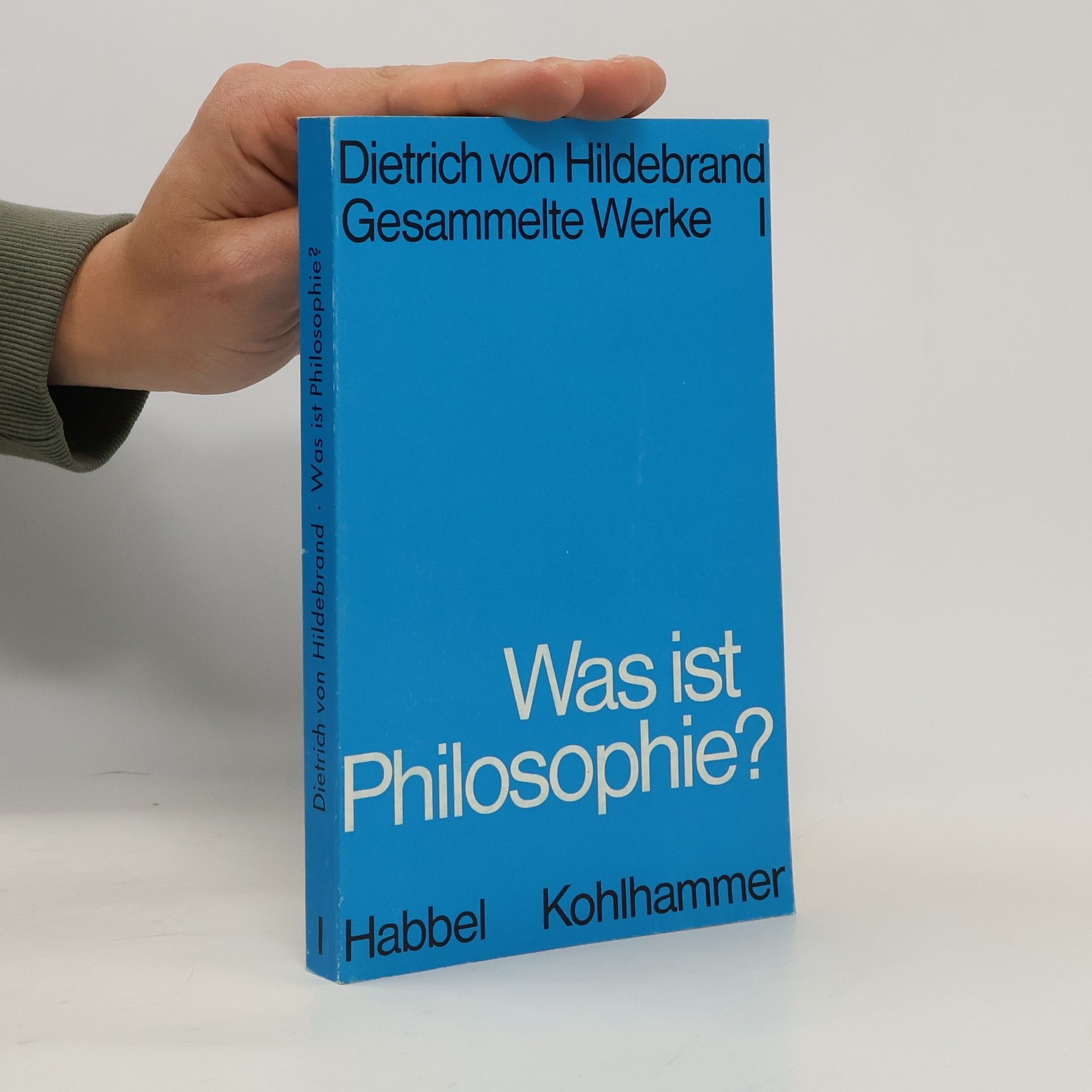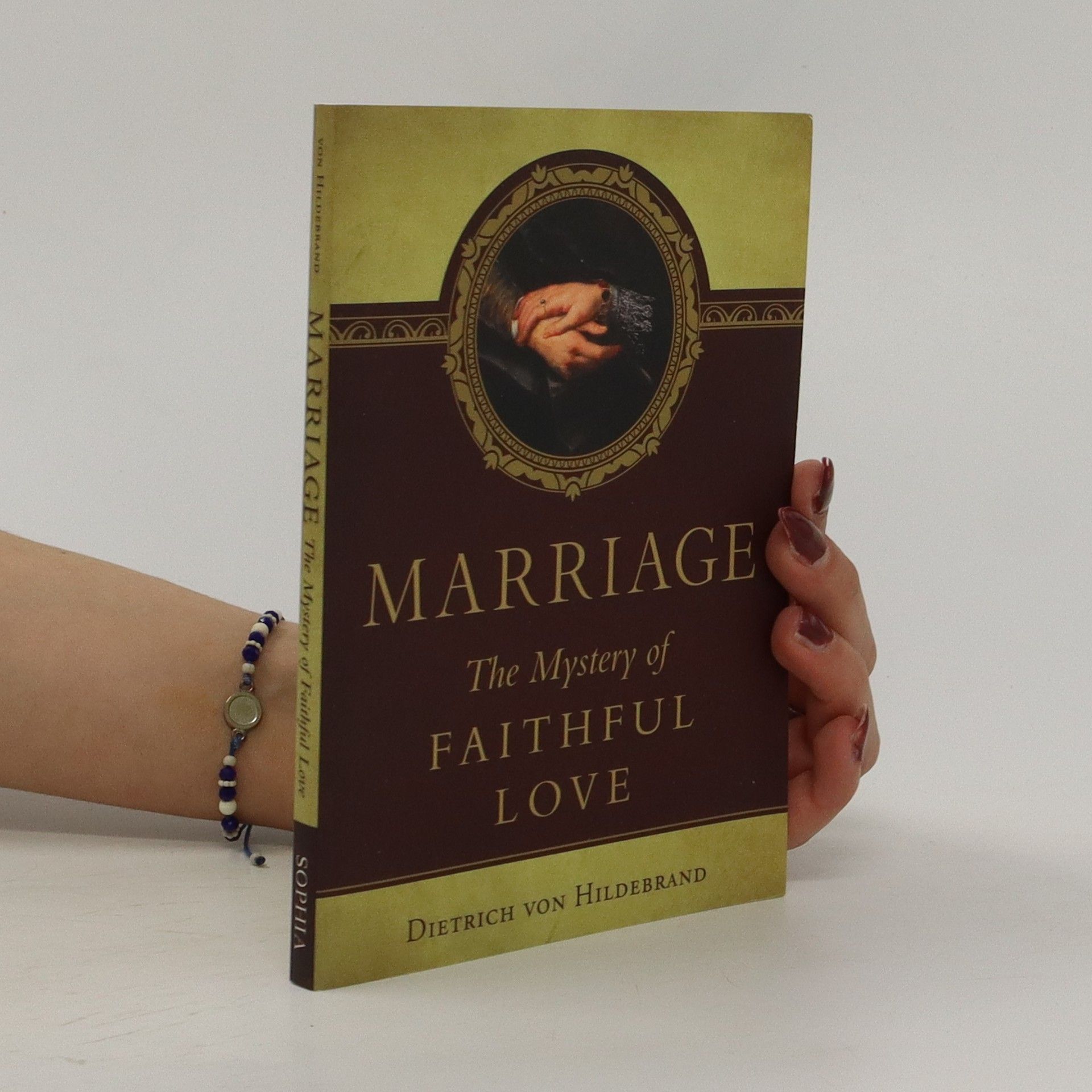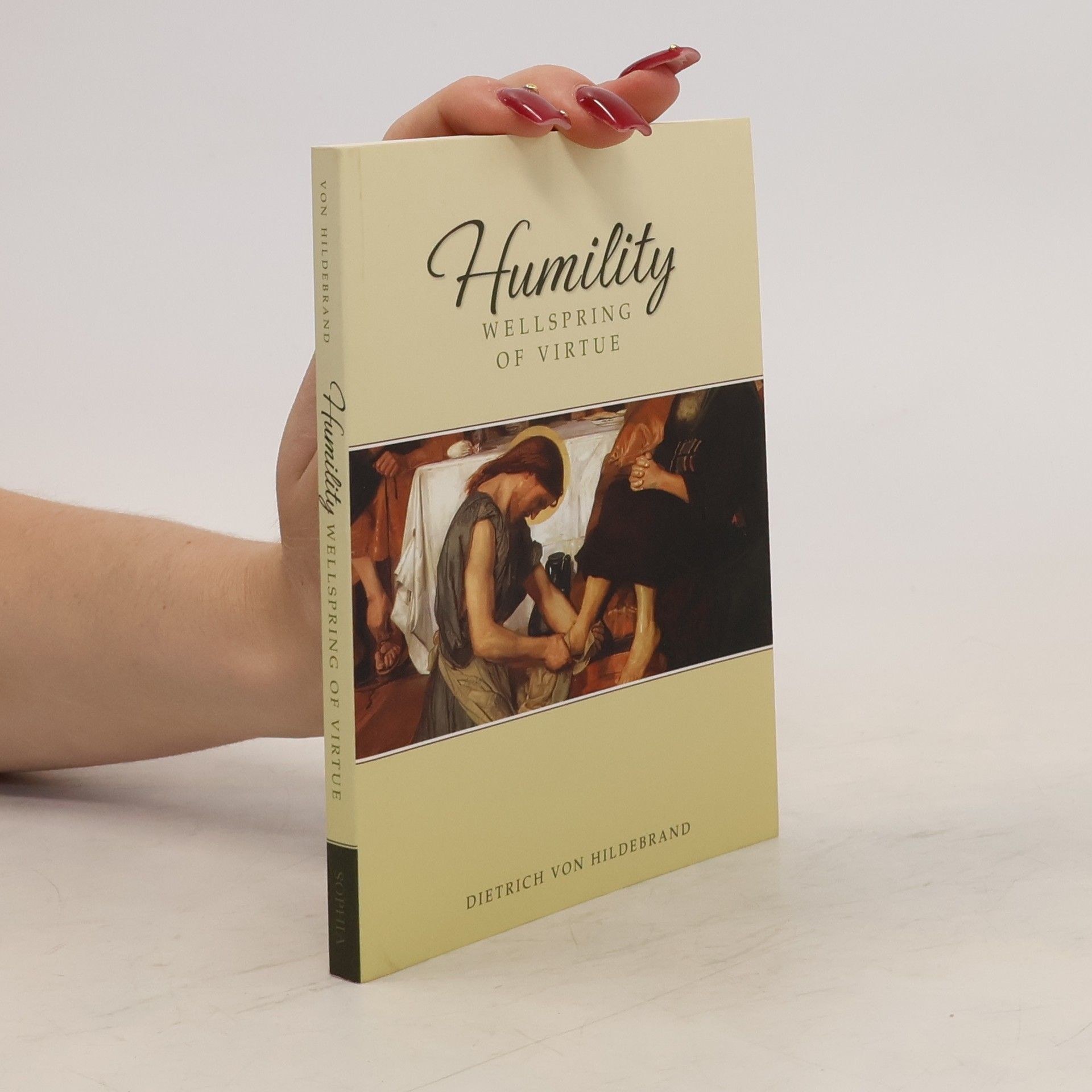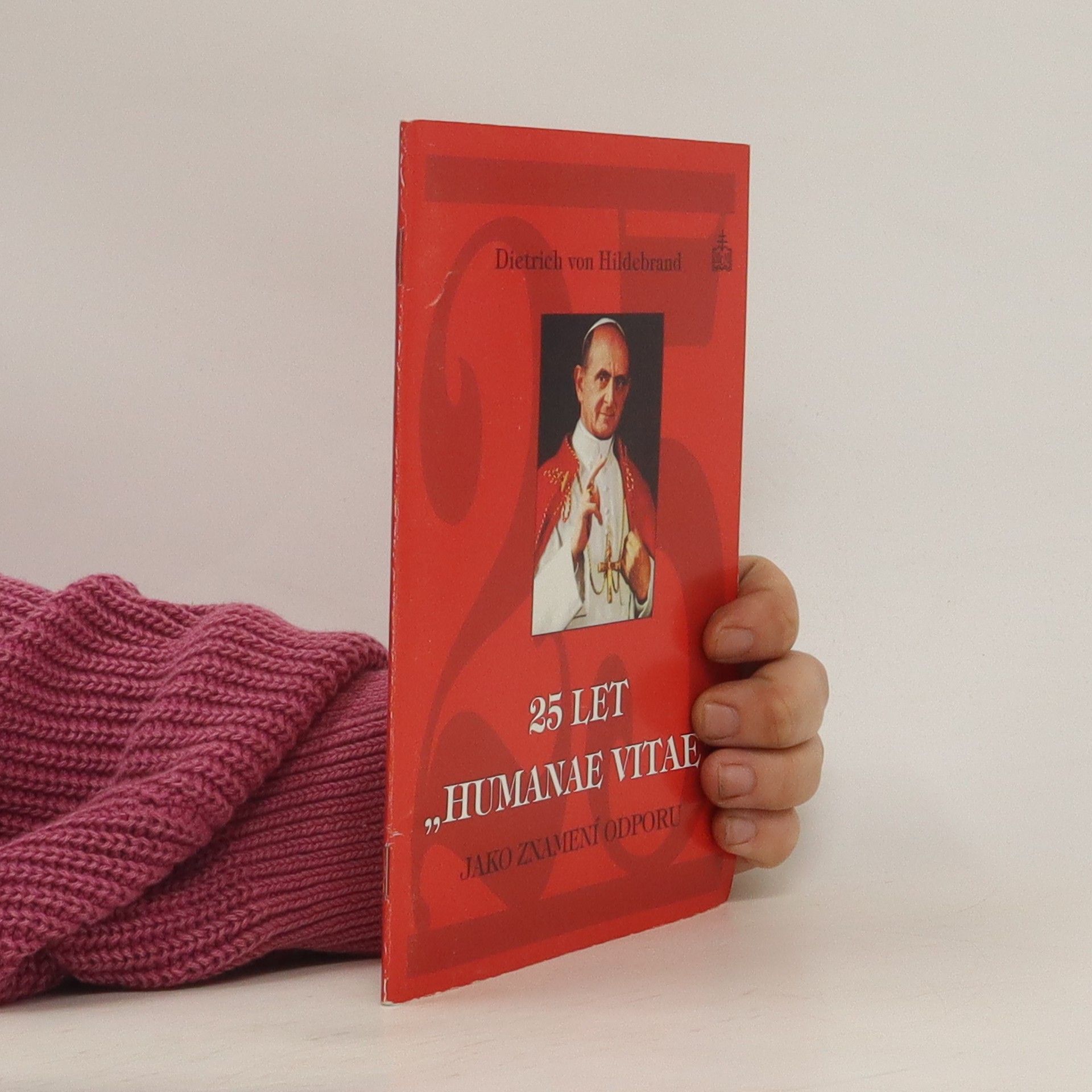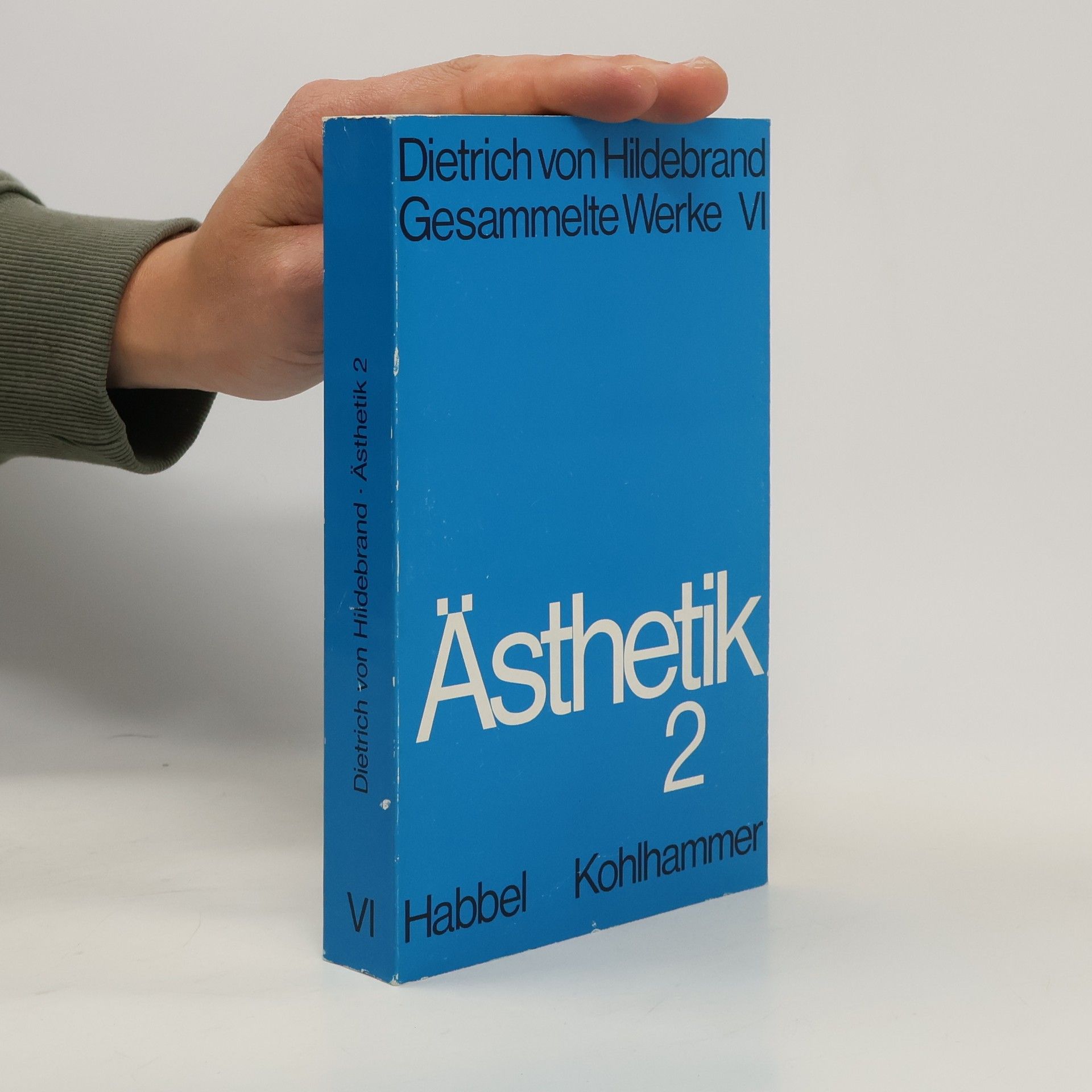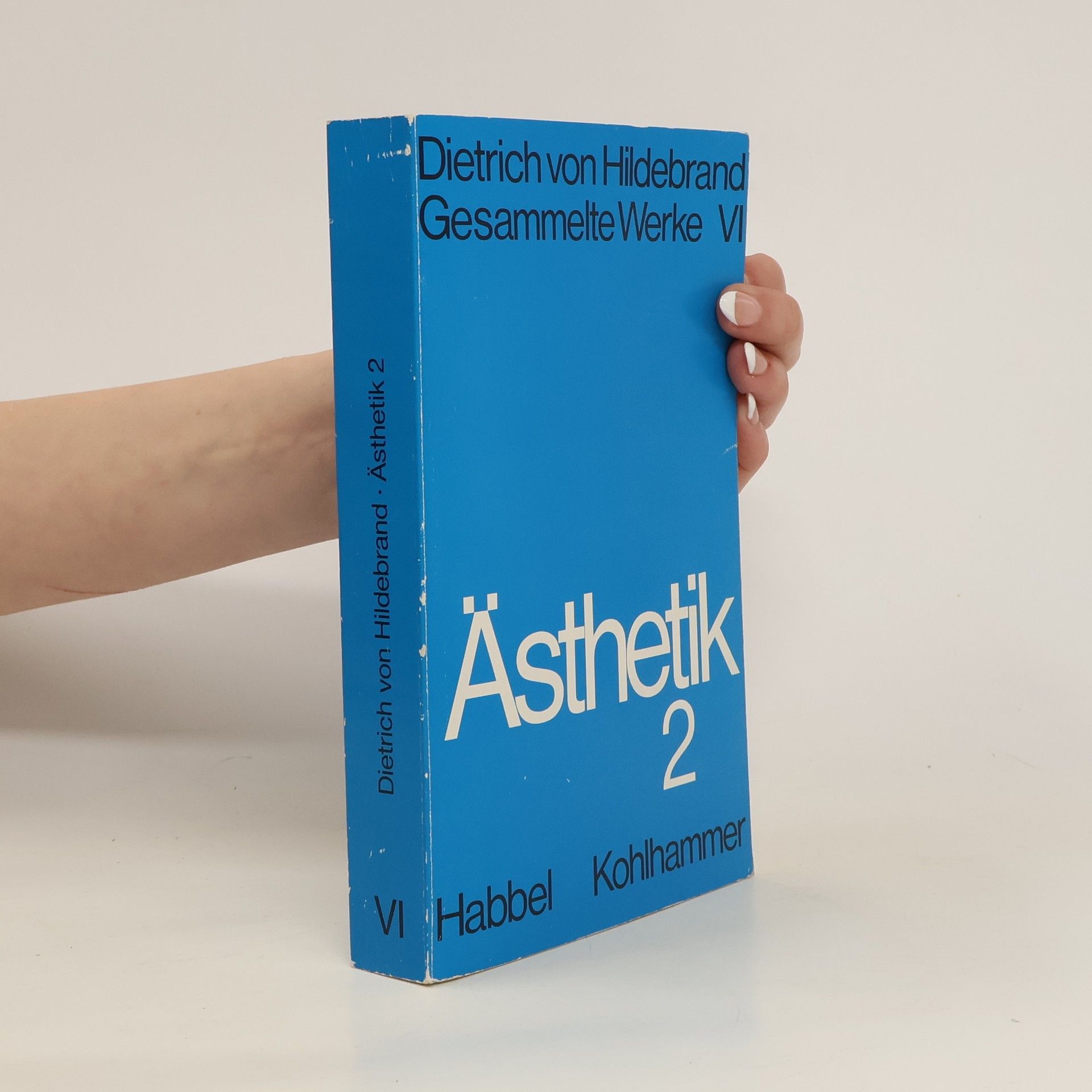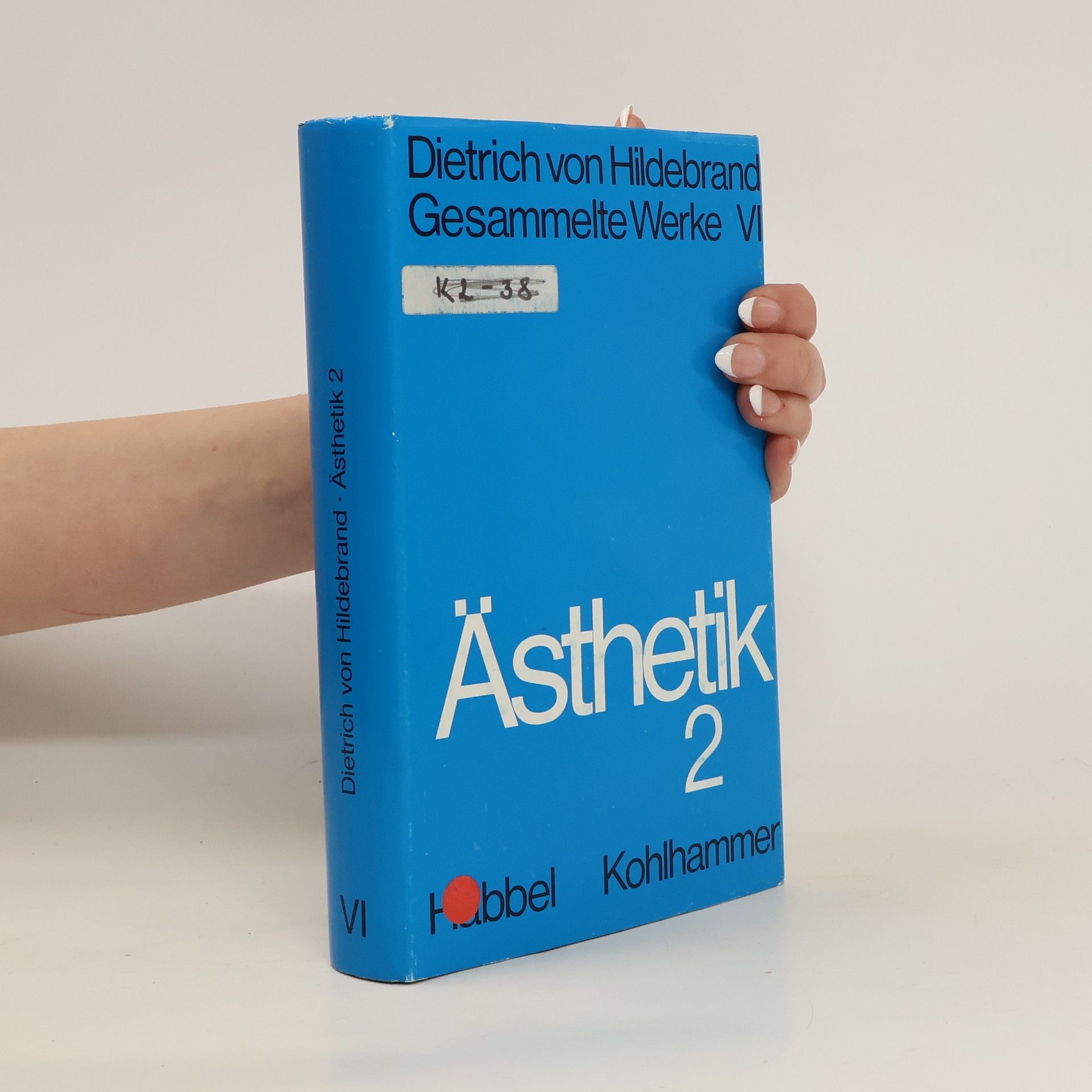Jaws of Death: Gate of Heaven
- 144 pages
- 6 hours of reading
Unlike most recent books about death, Jaws of Death: Gate of Heaven faithfully presents both faces of death—its grim horror and its potential for infinite light and joy. Dietrich von Hildebrand shows that although death never loses its character as a punishment for sin, its fearful darkness can be pierced by the radiant light of faith—faith in God, in eternal life, in the resurrection of the body, and in the certainty of reunion with our beloved dead—a reunion that will know no sunset. Because the jaws of death can be our gate to Heaven, the radiant aspect of death finally triumphs as the light of Christ dissipates the fearful dark clouds spread by death. Alice von Hildebrand | From the Foreword

